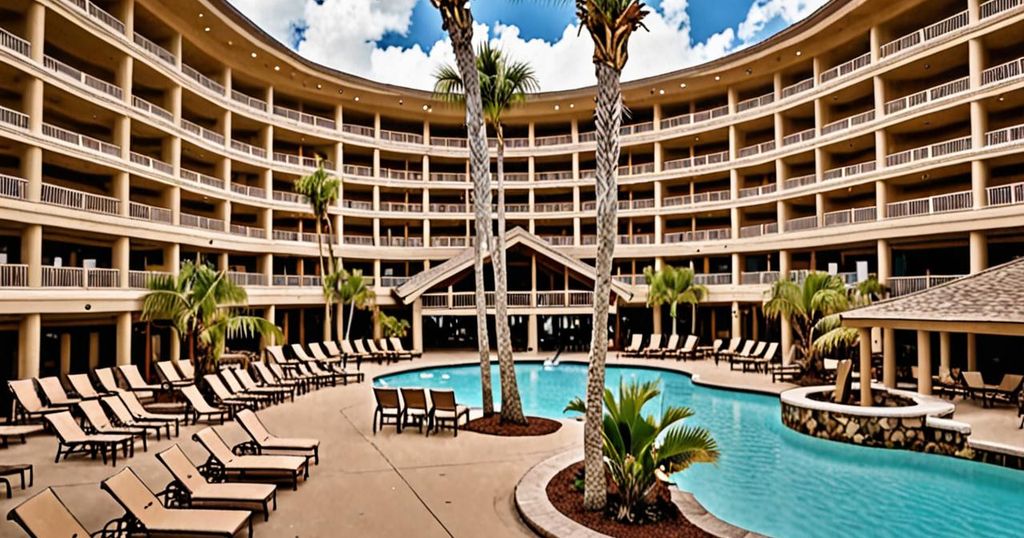Integrated resorts have become a significant area of contention in the political arena, with developments in various countries influenced by political decisions and actions. From the sluggish progress of casino licensing in New York City to the obstacles faced by projects in Japan, the intersection of politics and integrated resorts is unmistakable.
In New York, the process of awarding commercial casino licenses has been marred by political wrangling and long delays. The governor’s approval of the downstate licenses has been a major breakthrough, but the complexities of licensing have led to significant delays, pushing the expected bid submission to 2025 and the later awarding of licenses. Hedge fund billionaire Steve Cohen’s Queens casino project faced a significant setback when a state senator openly opposed its development, reflecting the impact of political decisions on these ventures.
Similarly, Seminole Hard Rock’s plans for an integrated resort in Hokkaido Prefecture, Japan, were put on hold due to political concerns, despite strong local business interest. The Japanese integrated resort industry faced significant challenges due to political interventions, with grand projections fizzling out and MGM Resorts emerging as the sole recipient of an IR license.
The influence of politics on integrated resorts is a global phenomenon, with countries like Singapore and Macau providing contrasting examples of political leadership and its impact on the industry. Singapore’s meticulous planning of integrated resorts has minimized social costs while maximizing economic benefits, establishing them as a key aspect of the country’s success. In Macau, the influence of political power from Beijing has played a pivotal role in reshaping the gaming market and diversifying the offerings to attract a broader tourist base, reflecting the impact of political decisions on the direction of integrated resorts.
The intersection of political stability and the prosperity of integrated resort industries is evident in the case of South Korea, where political stability led to restrictions on residents’ access to casinos. Political influences also extend beyond domestic affairs, shaping regional dynamics in countries like Cambodia and the Philippines, where geopolitical pressures have driven changes in the casino industry landscape.
Looking ahead, the political climate in countries like Japan and Thailand poses significant challenges for the future of integrated resorts. Recent developments in Japan, including electoral setbacks and leadership changes, have cast a shadow on the prospects of integrated resorts. In Thailand, political tensions and potential unrest raise concerns about the impact on casino legislation and the progress of integrated resort projects.
The intertwining of politics and integrated resorts is a complex and ever-evolving dynamic that shapes the trajectory and outcomes of these ambitious ventures. As we navigate the intricate landscape of integrated resorts, the impact of political decisions on their progress and success cannot be overlooked.

Leave a Reply